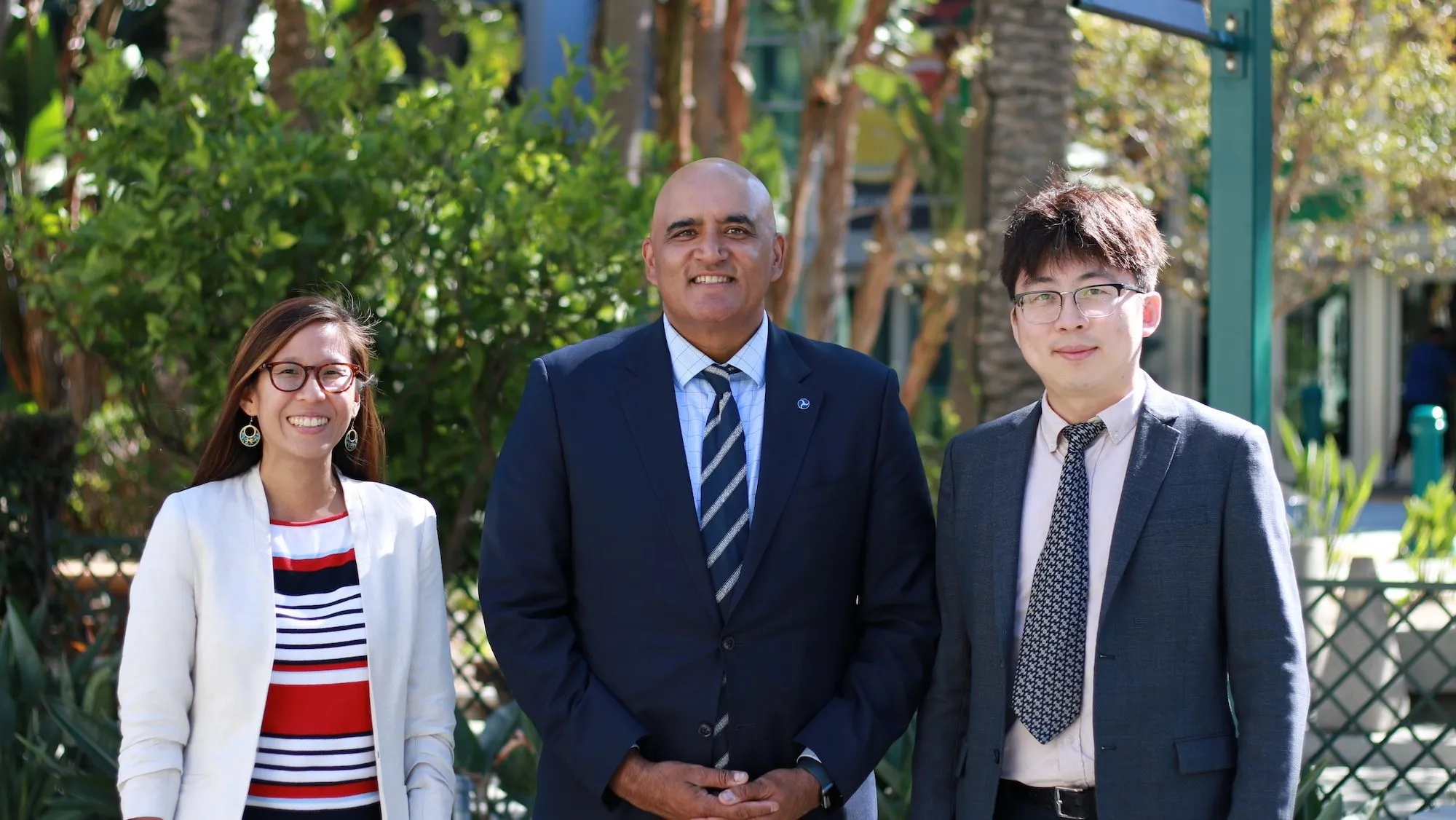The UK’s Chartered Institution of Highways & Transportation (CIHT) has welcomed the National Audit Office’s (NAO) report, Maintaining strategic infrastructure: roads, which highlights how long term funding certainty is crucial to how the UK manages its road infrastructure.
Funding pressures on highways authorities have encouraged efficiency and innovation in how budgets for road maintenance are spent, but public value will be lost unless funding becomes more predictable, according to the report.
The r
June 9, 2014
Read time: 2 mins
The UK’s Chartered Institution of Highways & Transportation (CIHT) has welcomed the National Audit Office’s (NAO) report, Maintaining strategic infrastructure: roads, which highlights how long term funding certainty is crucial to how the UK manages its road infrastructure.
Funding pressures on highways authorities have encouraged efficiency and innovation in how budgets for road maintenance are spent, but public value will be lost unless funding becomes more predictable, according to the report.
The report by the NAO also welcomes the six-year funding certainty outlined in the government’s Infrastructure Bill provided for capital projects and maintenance, and therefore the potential to achieve better value for money.
“Stop/start funding makes long-term planning more difficult for highways authorities. The1837 Department for Transport understands the threat posed to road maintenance from the uncertainty of funding, but establishing a new government company to address the problems will not, in itself, be enough. The Department should work with the Treasury and the Department for Communities and Local Government to address the unpredictability of funding for both the strategic and local road networks,” says Amyas Morse, head of the National Audit Office.
Andrew Hugill, CIHT director of Policy and Technical Affairs commented: “We have consistently called for a need for certainty, and continuity of investment over a sustained period if overall improvements to the transport network are to be delivered effectively and efficiently. Giving certainty to the entire transport sector, including skills, resources and the investment needed for effective delivery will result in benefits to health, environmental, social as well as economic agendas.”
Funding pressures on highways authorities have encouraged efficiency and innovation in how budgets for road maintenance are spent, but public value will be lost unless funding becomes more predictable, according to the report.
The report by the NAO also welcomes the six-year funding certainty outlined in the government’s Infrastructure Bill provided for capital projects and maintenance, and therefore the potential to achieve better value for money.
“Stop/start funding makes long-term planning more difficult for highways authorities. The
Andrew Hugill, CIHT director of Policy and Technical Affairs commented: “We have consistently called for a need for certainty, and continuity of investment over a sustained period if overall improvements to the transport network are to be delivered effectively and efficiently. Giving certainty to the entire transport sector, including skills, resources and the investment needed for effective delivery will result in benefits to health, environmental, social as well as economic agendas.”










